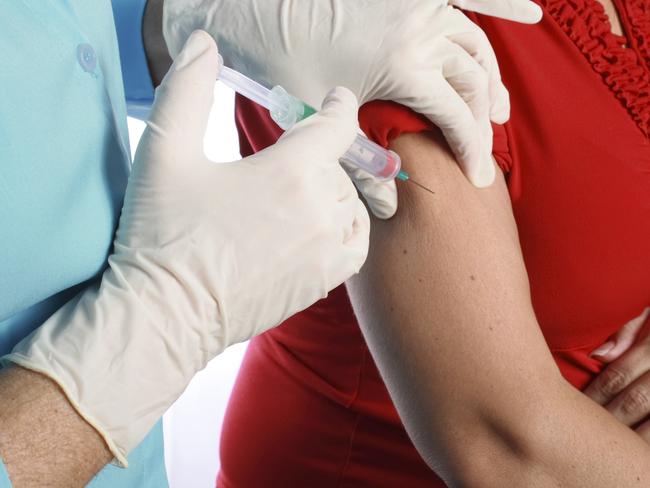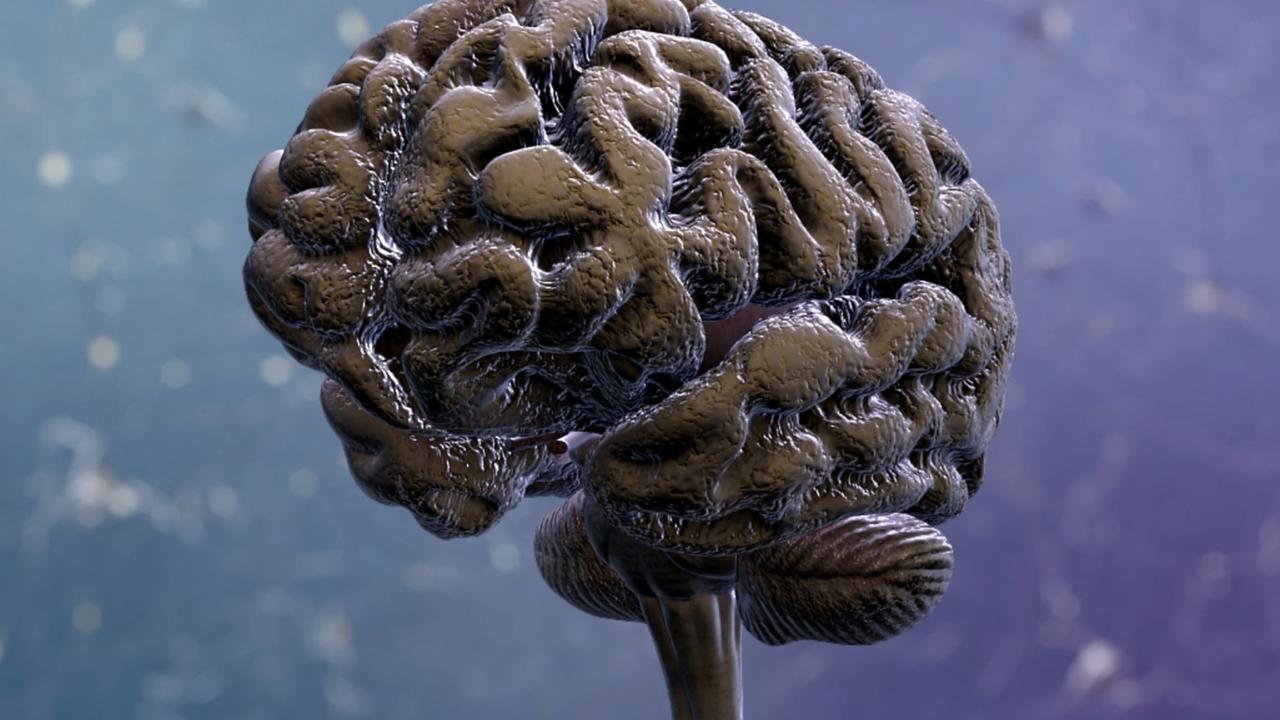Shingles vaccine may cut dementia risk by 20 per cent
A vaccine that is free to anyone aged 65 plus, or costs $650 for younger people, may cut dementia risk by a fifth — even though it’s for a completely different condition.
Dementia
Don't miss out on the headlines from Dementia. Followed categories will be added to My News.
A vaccine already available to treat the shingles virus may also reduce the risk of dementia by 20 per cent.
A unique international study of more than 280,000 people in Wales published overnight in the journal Nature suggests it could be a cost-effective way to prevent or delay new cases of the debilitating condition that impacts memory and thinking.
A Stanford University team, led by researcher Pascal Geldsetzer, found that receiving the vaccine decreased the likelihood of being diagnosed with dementia by a fifth at a seven-year follow-up, particularly for women.
The observational study was in a specific group of people in Wales aged between 79 and 80 years eligible to receive a live shingles vaccine.

The researchers say more work is needed to understand how the vaccine may protect the brain, but that it adds to a growing body of evidence linking herpes virus infections such as shingles and an increased risk of developing dementia, including Alzheimer’s disease.
They said the study may have produced the strongest evidence yet that a vaccine can reduce the risk of dementia.
This is a condition that affects around half a million Australians by causing life-changing damage to brain cells.
Shingles is the disease caused when the chickenpox virus reactivates.
Free vaccines are available in Australia to anyone aged 65 and over, Aboriginal or Torres Strait Islander people who are at least 50 year’s old, or people who are immunocompromised.
The Florey Institute of Neuroscience and Mental Health’s Anthony Hannan is a leading dementia expert who was not involved in this study, but said the research was cause for excitement.

“We don’t yet know if it is a direct or indirect effect of the vaccine that provides the protection,” Professor Hannan said.
“That said, this is a very unusual study that has given a clear signal; this 20 per cent reduction in risk of dementia after seven years.”
He said what was extraordinary was that the vaccine had been given for shingles, not dementia.
“The fascinating thing here is increasingly anything you do to the body, including vaccination, can affect the brain and vice versa,” Professor Hannan said.
“This interaction between the nervous system in the brain and spinal cord and elsewhere and the immune system is becoming more and more important.”
He said it was still too early to say exactly how the shingles vaccine acted to cause the reduced dementia risk in the study participants.

“But there’s something that the vaccination did, and that may be a general stimulation in the immune system or possibly direct effects on specific brain cells and molecules that was a contributor,” Professor Hannan said.
“So there could be indirect effects, for example it may generally have kept these elderly people healthier and that improvement of health, and associated brain-body interactions, may have been part of the protection.”
He said it offered hope that there were things available that seemed to be able to at least delay the onset of dementia.
“If you can slow brain ageing, if you can slow dementia by even a small number of years, that’s a huge impact because it’s such a common disorder.”
Dr Henry Brodaty from the Centre for Healthy Brain Ageing at the University of New South Wales said there was evidence that older people who received their vaccinations in general were less likely to develop dementia.
“This is the best evidence yet to show this. Future research will determine whether the newer non-live virus Shingrix will provide the same benefit and whether immunisation at younger ages may be just as effective,” he said.

Study lead Dr Geldsetzer said the Stanford team hoped the findings would inspire more funding for this line of research.
In the past two years he said his team had replicated the Wales findings in health records from other countries, including Australia, New Zealand, England, and Canada that had similar rollouts of the vaccine.
“We just keep seeing this strong protective signal for dementia in dataset after dataset,” he said.





